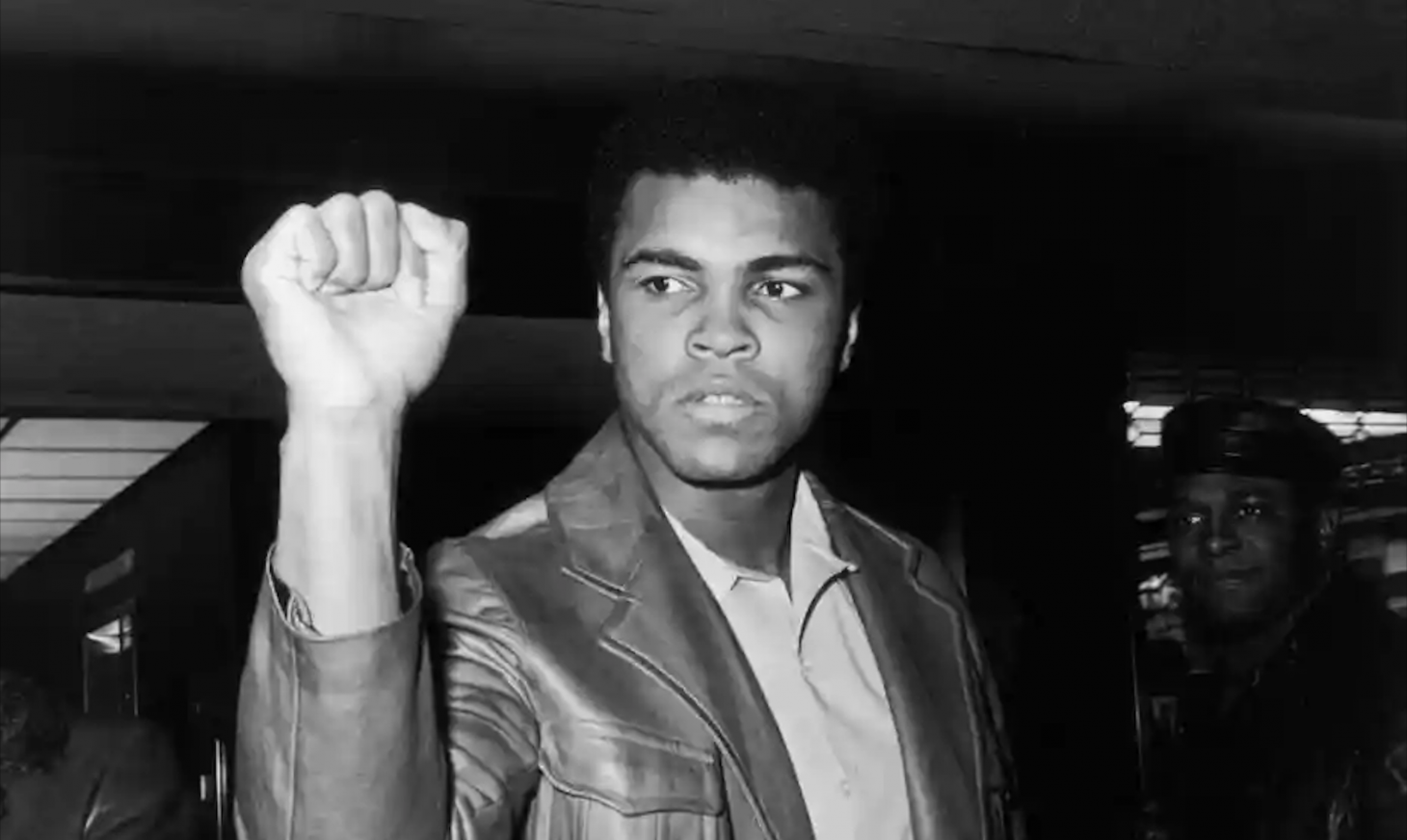Politics in sports
23.02.2022
We need to separate sport and politics. But also recognise that they’re inseparable

-
Members of the discussion:
-
Last reply:
Fans don’t want politics brought into football.” Many would agree with Tory MP Lee Anderson’s sentiment. And so, he carried on, in response to England footballers “taking the knee” before a match: “For the first time in my life I will not be watching my beloved England team while they are supporting a political movement whose core principles’ aim is to undermine our way of life.”
But, wait, who is it now introducing politics into football? Those taking the knee or those who insist that to do so is helping to “undermine our way of life”? Or both? And why is it that those obsessed with flying the flag suddenly find their patriotism so thin they cannot support the national team if players do a bit of kneeling? Or even cheer on opposing teams? It seems there’s greater loyalty to the culture wars than to the nation.
As it happens, if, in some other universe, I somehow found myself in the England team, I would not take the knee. Not because I fear for our way of life, but because I agree with Crystal Palace forward Wilfried Zaha, who views it as a meaningless ritual in which he refuses to partake. But if players find it meaningful and important, let them do it.
Were I among the spectators at Wembley, I certainly would not boo; it has always felt odd to me to barrack one’s own team. But, again, if supporters want to boo that’s their right. Some may be racist, others not. What they are definitely not, though, is representative of “the majority of England fans”.
The controversy over “taking the knee“ invests a relatively vapid act with some kind of deep, existential significance.
A majority of England fans actually support the gesture, though barely a third think it important in tackling racism. As for it being hated because it is seen as supporting the “Marxist” Black Lives Matter movement, a YouGov poll last year showed that more people support players wearing a BLM logo on their shirt than taking the knee. Like much in the culture wars, the controversy over “taking the knee” invests a relatively vapid act with some kind of deep, existential significance. Beyond the inanities and hypocrisies of the debate are, however, more profound issues, not least the untangling of the relationship between sport and politics.
Most fans would probably agree that politics should be kept out of sport. We want sporting prowess to be “pure”, expressions of sublime skill or awe-inspiring endurance that are intrinsic to the sport and capture the genius of human athleticism. When we watch Lionel Messi floating through a gaggle of defenders as if with the ball fixed to his boot, or a picture-perfect cover drive from Virat Kohli, or Simone Biles’s triple-twisting double tuck in her floor routine, too fast for the eye to follow – each transfixes us by transforming our assumptions of what is humanly possible.
But sport, even in its most inspirational moments, does not exist in a vacuum. Whether football or basketball, cricket or gymnastics, social and political contexts shape both the sport and our response to it.
The relationship between sports and politics operates at many levels. Many sports were designed to enforce social needs, from Japanese martial arts, celebrated as a means of spiritual development and social ordering, to cricket, an instrument through which Victorians sought to teach the ruling class to rule and the plebs to obey.
The cleavage between rugby union and rugby league betrays the two codes’ class origins. The Glasgow rivalry between Celtic and Rangers is deeply invested in religious sectarianism and the politics of Irish nationalism. The current row between Russia and Ukraine over the latter’s shirt at the Euros is just the latest expression of national hostilities spilling out into the sports field. And sportsmen and women have often used their platforms to make a political point, from US sprinters Tommie Smith and John Carlos raising black-gloved fists on the podium at the 1968 Olympic games, to NFL quarterback Colin Kaeprenick who in 2016 first took the knee during the national anthem as a protest against racist violence, to Manchester United’s Paul Pogba and Amad Diallo raising a Palestinian flag after a Premier League match last month.
Most of us want the humanness of sporting achievement to transcend the immediacy of its political and social environment. Few want sporting tribalism to be consumed by political divisions. Nevertheless, most recognise that sport cannot be detached from its social grounding. Nor would we want it to be. For it is that grounding that imbues sport with much of its meaning.
As a child in 1970s Britain, Muhammad Ali was for me far more than a boxer. He brought an uncommon grace to the most brutal of sports. What defined him, though, was not just his skill in the ring but his attitude outside it, too – his willingness to defy the authorities, his contemptuous rejection of the expected role of a black man in a racist society, his courage in refusing to fight in Vietnam, despite the authorities stripping him of his world title and his boxing licence, his insistence that “I don’t have to be what you want me to be”.
To a boy growing up in a Britain in which racism was vicious and visceral to a degree almost unthinkable now, Ali was a soul-affirming symbol of defiance and pride. And, inevitably, he was condemned. Boxing, wrote Jimmy Cannon, the doyen of ringside writers, had never before “been turned into an instrument of mass hate”. Ali was “using it as a weapon of wickedness”.
All of which brings us back to taking the knee. Harry Kane or Marcus Rashford kneeling at Wembley this afternoon will be no Muhammad Ali moment and those who argue that it is a form of “virtue signalling” have a point. But nor is it a “Marxist” gesture or one “undermining our way of life”. Those obsessed by its maleficence are equally anti-virtue signalling.
I’m no flag-waving patriot, but I hope England win today against Croatia. And that they win their next six games, too (sorry, Scotland and Wales), which would see them crowned as European champions. For, yes, it is quite possible to separate sporting tribalism from political posturing, even as we recognise the relationship between politics and sport.
Discussion
More on the topic
Replies:
4
More on the topic






